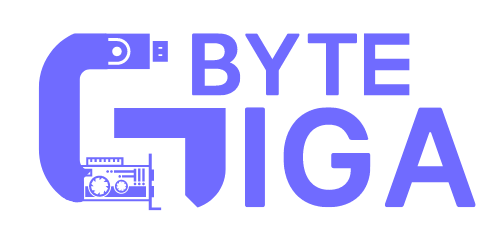In recent years, the landscape of education has undergone a significant transformation, largely driven by advancements in technology. One of the most notable changes is the rise of online assessments, which allow students to take exams from the comfort of their homes. This shift has been accelerated by the global pandemic, which necessitated remote learning and virtual testing solutions. In this article, we will explore the benefits and challenges of online assessments, and how they are reshaping the future of education.
The Rise of Online Assessments
Online assessments have become an integral part of modern educational practices. With the advent of digital technology, the traditional methods of testing have evolved, offering a more flexible and accessible approach to evaluating student performance. According to a report by Teachfloor, online assessments provide efficient and cost-effective assessment, improved student learning, and instant feedback.
Benefits of Online Assessments
Flexibility and Convenience
One of the primary advantages of online assessments is the flexibility they offer. Students can take exams at their own pace and from any location with an internet connection. This is particularly beneficial for those who may have scheduling conflicts or other commitments that make it difficult to attend in-person exams.
Instant Feedback
Online assessments often provide immediate feedback, allowing students to understand their performance and areas for improvement right away. This instant feedback can enhance the learning experience and help students to better prepare for future assessments.
Cost-Effectiveness
Digital exams can be more cost-effective than traditional paper-based tests. They eliminate the need for physical materials and reduce administrative costs associated with printing and distributing exam papers. Additionally, online assessments can be easily scaled to accommodate large numbers of students without the logistical challenges of organizing in-person exams.
Challenges of Online Assessments
Technical Issues
Despite the many benefits, online assessments also come with their own set of challenges. Technical issues, such as internet connectivity problems or software glitches, can disrupt the testing process and cause frustration for both students and educators. Ensuring that all participants have access to reliable technology is crucial for the success of online assessments.
Security Concerns
Maintaining the integrity of online exams is another significant challenge. Preventing cheating and ensuring that students are not using unauthorized resources requires robust security measures. Solutions such as proctoring software and secure testing environments can help mitigate these concerns, but they also raise questions about privacy and data security.
Accessibility
Not all students have equal access to the technology needed for online assessments. The digital divide, which refers to the gap between those who have access to modern information and communication technology and those who do not, can exacerbate educational inequalities. Efforts must be made to ensure that all students have the necessary resources to participate in online assessments.
Best Practices for Online Assessments
Preparation and Planning
Effective online assessments require careful preparation and planning. Educators should ensure that students are familiar with the testing platform and have access to any necessary resources. Providing clear instructions and guidelines can help minimize confusion and reduce the likelihood of technical issues.
Use of Technology
Leveraging the right technology is essential for successful online assessments. Tools such as learning management systems (LMS) and assessment platforms can streamline the process and provide a secure environment for testing. According to Schoolyear, their product provides a simple, efficient, and effective solution for preparing and taking digital exams using common end-user client systems.
Support and Resources
Providing support and resources for students is crucial for the success of online assessments. This includes technical support, as well as academic resources to help students prepare for exams. Creating a supportive learning environment at home can also enhance the online assessment experience.
“Education is the most powerful weapon which you can use to change the world.”
Nelson Mandela
The Future of Online Assessments
As technology continues to advance, the future of online assessments looks promising. Innovations such as artificial intelligence (AI) and machine learning can further enhance the assessment process, providing more personalized and adaptive testing experiences. Additionally, the growing popularity of e-learning and virtual testing is likely to drive continued growth in the digital education market. According to a report, the digital e-learning market is expected to witness substantial growth, estimated to increase to USD 1.72 trillion between 2022 and 2026.
Integration with E-Learning
Online assessments are becoming increasingly integrated with e-learning platforms, providing a seamless experience for students. This integration allows for continuous assessment and feedback, which can improve learning outcomes and help educators to better understand student progress.
Personalized Learning
Advancements in technology are also enabling more personalized learning experiences. Adaptive assessments can tailor questions to the individual student’s level of understanding, providing a more accurate measure of their knowledge and skills. This personalized approach can help to identify gaps in learning and provide targeted support where needed.
Conclusion
Online assessments are transforming the way we evaluate student performance, offering numerous benefits such as flexibility, instant feedback, and cost-effectiveness. However, they also present challenges, including technical issues, security concerns, and accessibility. By adopting best practices and leveraging the right technology, educators can overcome these challenges and create a more effective and inclusive assessment process. As we look to the future, the continued integration of online assessments with e-learning and the development of personalized learning experiences will play a crucial role in shaping the future of education.









